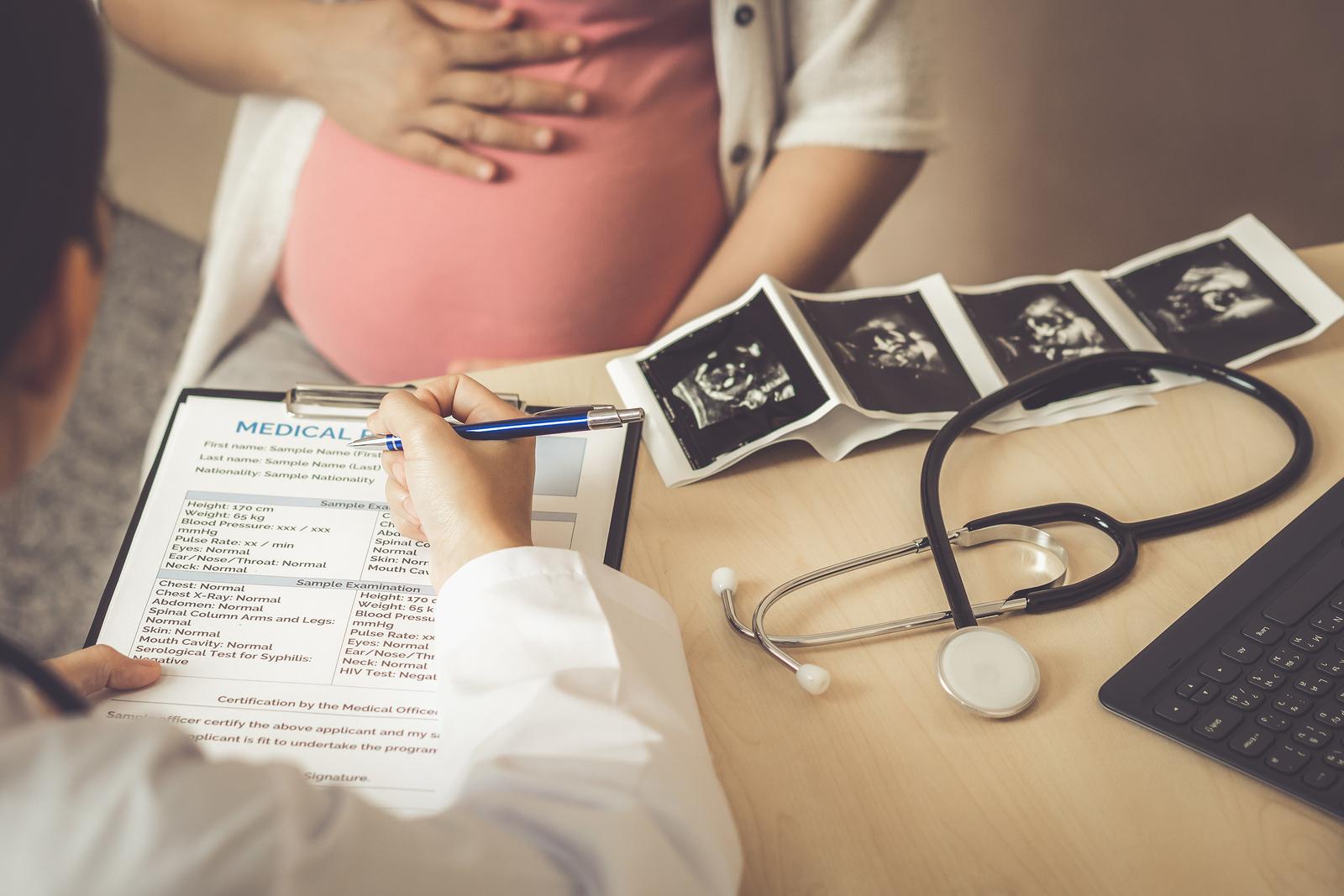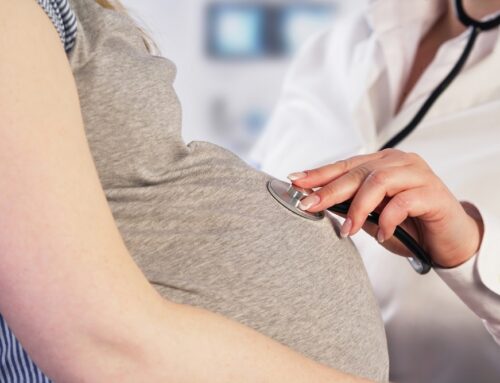For those planning a family, reckoning with the current COVID-19 global crisis can be particularly overwhelming. News is moving very fast, and we are waking up to new facts and information every day. There has been a fair amount of conflicting information from varying sources about the effects that the virus may or may not have on expectant mothers and their pregnancy. Rules have also been put into place, which will restrict or cease fertility treatments across the US. Of course, this has been quite distressing to both pregnant women and intended parents undergoing fertility processes.
How Does COVID 19 Affect Those Undergoing IVF or Surrogacy?
For surrogates, those undergoing IVF, and hopeful intended parents, societal disruptions have been the cause of much concern, anxiety and confusion. At time of publication, the most pressing concerns and changes have been:
New ASRM Guidelines
In light of the current situation, the ASRM, or the American Society for Reproductive Medicine, released new guidelines and restrictions to those using fertility services.
- All NEW fertility treatment cycles are to be suspended.
- Though it is not mandatory, it is strongly urged to cancel any pending embryo transfers.
- Patients who are currently undergoing a fertility cycle, or those in need of “urgent stimulation and cryopreservation” will continue to receive care.
- All elective and non-urgent surgeries and diagnostic procedures have been suspended.
- Telehealth services are encouraged over in-person meetings.
These conditions are set to be reviewed on Monday, the 30th of March, 2020.
For many intended parents, these new restrictions have come as a devastating blow in an already fraught time. For many, fertility treatment is very time-sensitive. For others, this announcement comes after a lengthy process of taking hormones, giving blood, and preparing themselves emotionally and physically for the cycle. To have that suddenly suspended has added new levels of uncertainty and distress to these people’s lives.
Some fertility workers and activists have begun to try to work through these developments by releasing a petition to allow for fertility patients to continue to receive care if they choose, even during these troubling times.
Though the aforementioned petition is US-based, similar guidelines have been implemented elsewhere. CFAS, or the Canadian Fertility & Andrology Society, has recommended similar directions as explained on their website.
Travel Restrictions
In normal times, many people travel both domestically and internationally in order to complete their fertility journey. Currently, there are unprecedented restrictions on travel of all kinds— most flights are grounded, international borders are sealed, and many forms of public transport have shut down. Additionally, it is currently not possible to process a new passport— something which is needed even to drive back and forth between the US and Canada.
Court Closures
When intended parents work with a surrogate and/or egg donor, there are attorneys and legal professionals involved in the entire process. Currently, many courts are closed, making it difficult for families to proceed with some of the legal aspects of their journey.
Delivery Details
In these frightening and rapidly changing times, many pregnant women are anxious about how their delivery will go. For surrogates and intended parents, this can be especially distressing, as the rules of social distancing could create some complications.
During the early days of what was to become a global shutdown, Briana, one of our own surrogates, gave birth to a healthy baby. She was kind enough to tell us a bit firsthand about her experience and what measures others in her position can do to prepare:
Brief the Maternity Staff
From Briana’s experience, it’s important that your hospital staff knows that you are a surrogate.
“Make sure the hospital and all of the nurses – even the baby nurse – are fully aware of the fact that you’re a surrogate. Let them know who you want your visitors to be. Your delivery, while it’s not your baby, is still YOUR delivery and you need to be comfortable,” she explained.
Ensure Health of Intended Parents
Due to self-isolation and quarantine rules, some intended parents may not be able to attend the birth or immediately take the baby home. If this is the case, it’s crucial for a plan to be made. A Power of Attorney may be necessary.
Arrange for your Own Childcare, If Possible
Given the current situation, your delivery room visitors will be limited— and in some cases, only your partner will be allowed to be present. As all surrogates by law must have their own children, this raises the question of whether or not your spouse will be able to be by your side during delivery.
Briana told us, “I ended up having to sleep the night alone in the hospital because they wouldn’t allow anyone but my husband to visit me. He had to be home with the kids. So prepare emotionally and/or for childcare that that is a possibility.”
Stay in the Loop
In such a rapidly changing time, it’s crucial to stay informed and to stick to trusted sources. As Briana points out, “The hospitals’ policies are changing hourly as they get new info and orders. Also know that not everyone will be on the same page, unfortunately.” Stay in the loop so that you know what the present situation is.
Respect the Rules
If your preferred visitor or even your intended parents are showing symptoms of the virus, they should absolutely not be joining you in the delivery room, no matter what. Briana confirmed this, saying, “If anyone is experiencing symptoms related to the virus, chances are they won’t be allowed in—regardless of their relationship to the baby.”
Remain Patient and Compassionate
Above all, remember that, if you are working with any healthcare professional right now, they are under an enormous amount of pressure unlike anything they’ve ever experienced before. As Briana says, “It’s a hard time for everyone, [especially] hospital staff…so try to stay patient.”
What Options are Currently Available to Intended Parents?
Fertility clinics and agencies like Extraordinary Conceptions are prepared to help surrogates, egg donors, and intended parents as much as possible throughout these frightening times and allowing families to move forward as much as they can remotely:
- We have a remote concierge service that can help intended parents find a nanny service, car, accommodation help, or any other services that may be needed where those services are permitted.
- We are enabling people to undergo their screenings remotely and access telemedicine services.
- Our in-house legal teams are commencing their legal agreements for egg donors prior to medical clearance. If, for any reason, the donor does not pass her medical clearance, many lawyers have agreed to waive fees until the next donor to protect intended parents.
We know this is a stressful and uncertain time, and you may be feeling disappointed and scared. We’d like to reassure you that your dreams are still very much in reach and that there is no reason to postpone your registration to become a new parent, donor, or surrogate. We are still going forward with our matches and laying the groundwork for as many families as possible. When the world reopens its doors, the groundwork we’ve laid will allow us to pick things back up and continue your journey.
If you have any questions, please reach out to our team. We’re here to help!









